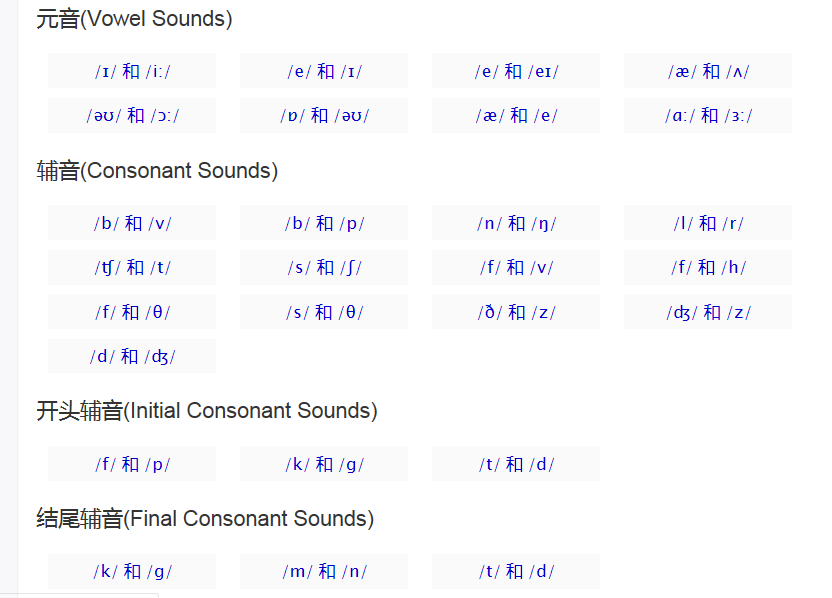Once a circle missed a wedge. The circle wanted to be whole, so it went around looking for its missing piece. But because it was incomplete and therefore could roll only very slowly, it admired the flowers along the way. It chatted with worms. It enjoyed the sunshine. It found lots of different pieces, but none of them fit. So it left them all by the side of the road and kept on searching. Then one day the circle found a piece that fit perfectly. It was so happy. Now it could be whole, with nothing missing. It incorporated the missing piece into itself and began to roll. Now that it was a perfect circle, it could roll very fast, too fast to notice flowers or talk to the worms. When it realized how different the world seemed when it rolled so quickly, it stopped, left its found piece by the side of the road and rolled slowly away.
从前有个圆圈,它丢失了一小段。它想变得完整,于是它到处寻找它所丢失的那部分。由于不完整,它只能滚的非常慢。在路上,它羡慕过花儿,它与虫子聊过天,它享受了阳光的照耀。它遇到过很多不同的小段,可是没有一个适合它。所以它把它们丢在路边,继续寻找。有一天,圆圈找到了可以与它完美结合的一小段,它非常高兴。它现在终于完整了,不缺任何东西了。它把丢失的那段装到自己身上,然后滚了起来。它现在是个完整的圆圈了,它可以滚的很快,,快到忽视了花儿,快到没有时间和虫子们说话。当它意识到由于它滚的太快,世界变得如此的不同时,它便停了下来,把找到的那段卸下丢在路边,慢慢地滚走了。
The lesson of the story, I suggested, was that in some strange sense we are more whole when we are missing something. The man who has everything is in some ways a poor man. He will never know what it feels like to yearn, to hope, to nourish his soul with the dream of something better. He will never know the experience of having someone who loves him give him something he has always wanted or never had.
我想这个故事告诉我们,从某种奇怪的意义上说,当我们缺少什么东西时,我们反而是更完整的。一个拥有一切的人在某些方面也是个穷人,他永远不会知道什么是渴望、什么是期待;永远不知道用渴求更美好的东西来充实他的灵魂。他永远不会知道一个爱他人送给他一样他所梦寐以求的东西时是怎样的一种感觉。
There is a wholeness about the person who has come to terms with his limitations, who has been brave enough to let go of his unrealistic dreams and not feel like a failure for doing so. There is a wholeness about the man or woman who has learned that he or she is strong enough to go through a tragedy and survive, she can lose someone and still feel like a complete person.
人生的完整性,在于接受自己的缺陷,勇敢地丢弃不切实际的幻想,并且不觉得这样做是失败的;人生的完整性,在于知道自己足够强大,可以承受人生的苦难,可以在失去一个人时仍然觉得自己是完整的。
Life is not a trap set for us by God so that he can condemn us for failing. Life is not a spelling bee, where no matter how many words you’ve gotten right, you’re disqualified if you make one mistake. Life is more like a baseball season, where even the best team loses one third of its games and even the worst team has its days of brilliance. Our goal is to win more games than we lose. When we accept that imperfection is part of being human, and when we can continue rolling through life and appreciate it, we will have achieved a wholeness that others can only aspire to. That, I believe, is what God asks of us --- not “Be perfect”, not “Don’t even make a mistake”, but “Be whole”.
生活并不是上帝为了谴责我们的缺陷而设下的陷阱。人生也不是一场拼字比赛,无论你拼出了多少单词,只要拼错了一个你就前功尽弃了。人生更像一个棒球赛季,最好的球队也会丢掉三分之一的比赛,而最差的球队也有辉煌的胜利。我们的目标是让打赢的比赛比输掉的比赛多。当我们接受了“不完整性”是人生的一部分时,当我们在人生之路上不断前进并且欣赏生命之美时,我们就获得了别人只能渴望的完整的人生。我相信这就是上帝对我们的期望:不求“完美”,也不求“从来不犯错误”,而是追求人生的“完整”。
If we are brave enough to love, strong enough to forgive, generous enough to rejoice in another’s happiness, and wise enough to know there is enough love to go around for us all, then we can achieve a fulfillment that no other living creature will ever know.
如果我们有足够的勇气去爱,足够强大的力量去原谅别人,足够的宽容因别人的快乐而快乐,并有足够的智慧去认识到我们身边充满着爱,我们就会得到其它生命所得不到的一种满足感。

